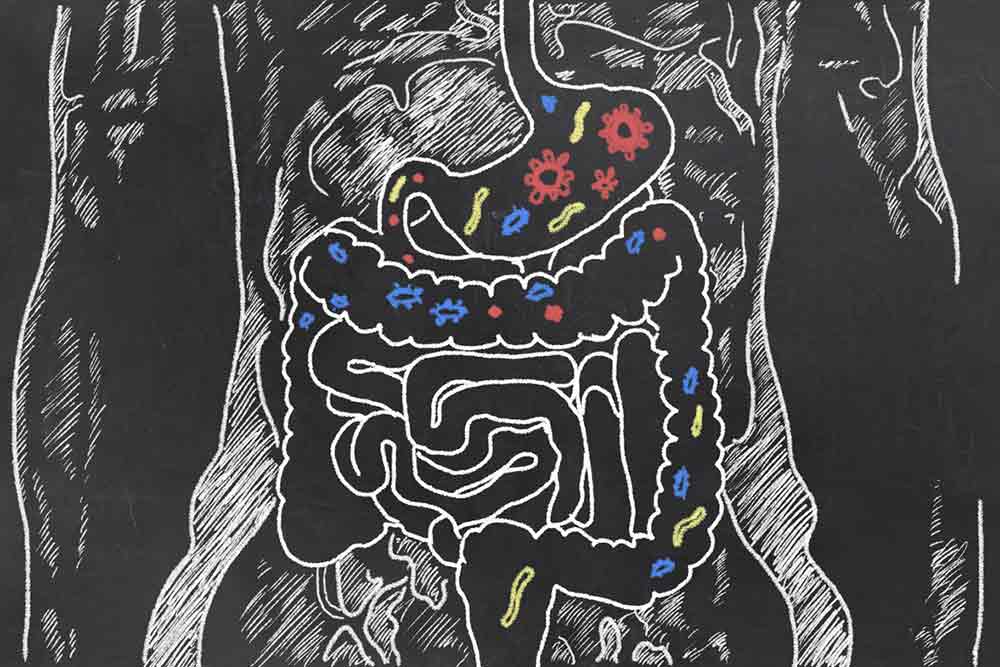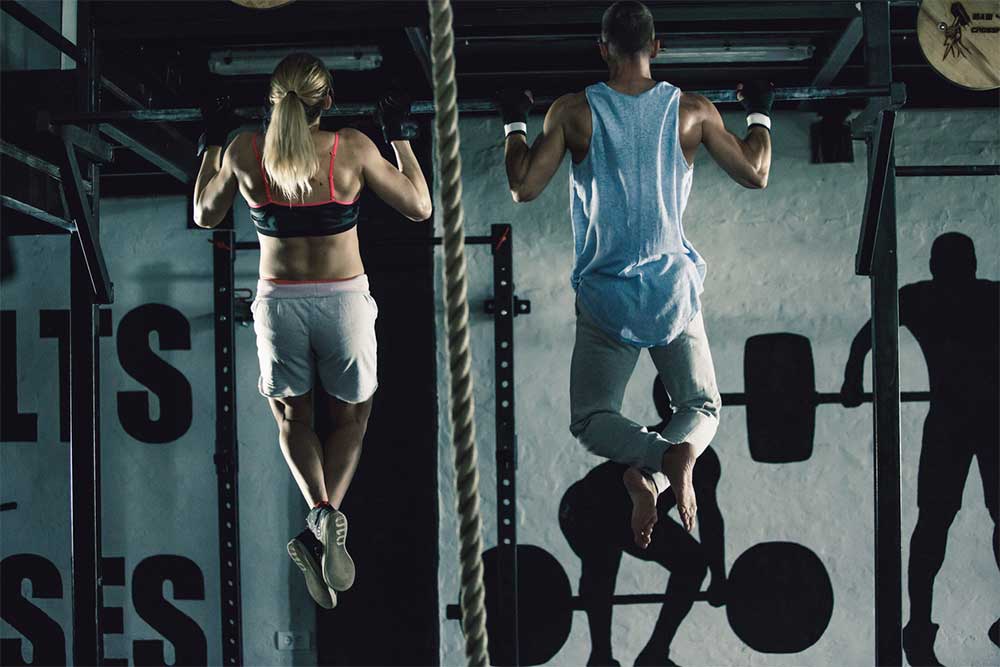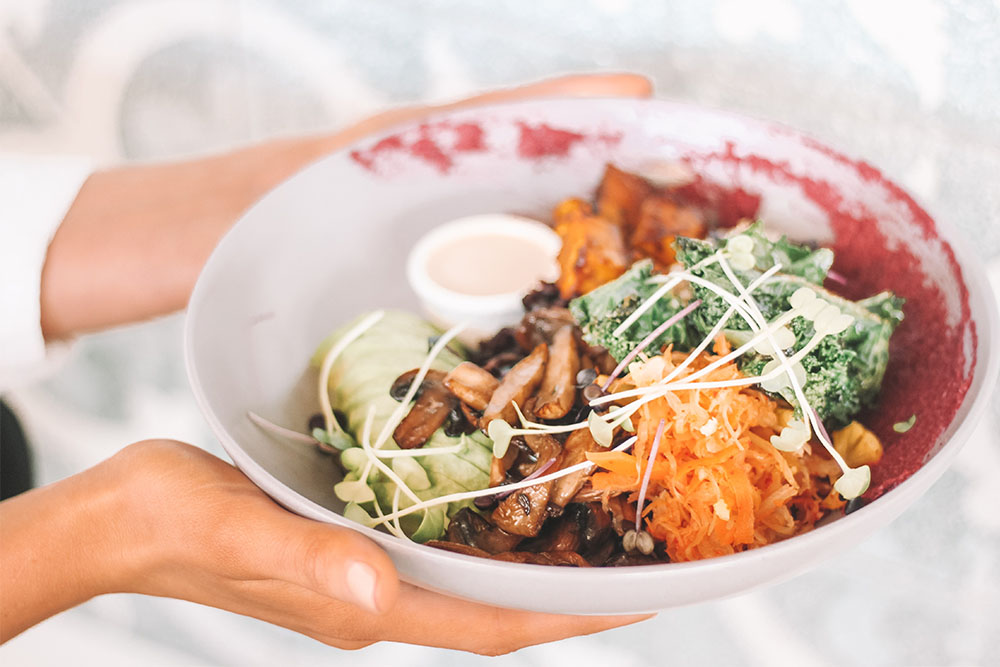What Are Probiotics and Prebiotics?

Alyssa Bialowas
In response to the current cultural nutrition trend surrounding probiotics and supplements, pharmacies and health food stores are stocking increased amounts of probiotic supplements. Is this just the latest health and nutrition trend or should you increase your consumption of probiotics and start to take probiotic supplements? Also, what are the benefits of a prebiotic diet combined with exercise?
What are probiotics?
Probiotics are microorganisms that provide health benefits when consumed. The digestive tract is home to healthy bacteria and unhealthy bacteria. Probiotics are the healthy bacteria and play many important roles in human health. When humans have a healthy balance of probiotics, they can inhibit the growth of harmful bacteria and yeasts, which helps to maintain a healthy immune system.
Current Research
 In the world of highly processed food, particular attention is drawn to the composition and safety of consumer products. The quality of food is very important, and results from clinical studies confirm the positive effect of probiotics on gastrointestinal diseases such as obesity, insulin resistance syndrome, type 2 diabetes, and non-alcoholic fatty liver disease (Markowiak & Slizewska, 2017).
In the world of highly processed food, particular attention is drawn to the composition and safety of consumer products. The quality of food is very important, and results from clinical studies confirm the positive effect of probiotics on gastrointestinal diseases such as obesity, insulin resistance syndrome, type 2 diabetes, and non-alcoholic fatty liver disease (Markowiak & Slizewska, 2017).
Probiotics are advantageous in the human organism for many reasons, most importantly the effect on the development of bacteria inhabiting the organism and ensuring a proper balance between pathogens and the bacteria that are necessary for normal function. Also used for the restoration of natural microbiota after antibiotics therapy, and inhibit the development of pathogenic bacteria. A positive effect of probiotics on digestion processes, treatment of food allergies, candidoses and dental caries has been confirmed (Markowiak & Slizewska, 2017).
In addition, studies show a positive effect on the urogenital system, and there is evidence that the consumption of probiotics-containing dairy products results in the reduction of blood cholesterol, which may be helpful in the prevention of obesity, diabetes, cardiovascular diseases and cerebral stroke (Markowiak & Slizewska, 2017).
Future studies may explain the mechanisms of actions of probiotics, prebiotics, and symbiotics and their effect coupled with various types of physical exercise.
Related Article: Exercise Your Gut (Microbiome)
What are prebiotics?
Prebiotics are food ingredients that induce the growth or activity of beneficial microorganisms. They are non-digestible carbohydrates that act as fuel for probiotics and help them remain in your digestive system. Fruit, vegetables, cereals, and other edible plants are sources of carbohydrates that constitute potential prebiotics (Markowiak & Slizewska, 2017).
Prebiotics are beneficial for exercise and health –
Together, exercise and consumption of prebiotics produce stress resistance in athletes and those who exercise regularly. A diet high in prebiotics and exercise can promote stress-protective probiotic bacteria. Separately, exercise and the consumption of prebiotics promote the growth and function of probiotic and butyrate-producing bacteria.
Prebiotic diets and exercise are both feasible and cost-effective strategies that increase stress-protective bacteria and provide resistance against a person’s detrimental behavior and neurobiological impacts of stress. Both prebiotic diets and exercise produce adaptations in gut ecology and the brain that arms us against stress-induced learned helplessness. This is to say that exercise and a prebiotic diet is proven to positively impact brain and behavior.
The presence of prebiotics in the diet leads to numerous health benefits. Studies show that disease occurs less commonly in people who often eat vegetables and fruit. The presence of prebiotics also reduces blood low-density lipoprotein level, increase the absorption of calcium, and alleviate symptoms of peptic ulcers (Markowiak & Slizewska, 2017).
Potential sources of prebiotics –
Sources of carbohydrates constituting potential prebiotics are as follows:
- Tomatoes, artichokes, bananas, asparagus, berries, garlic, onions, green vegetables
- Legumes
- Oats, linseed, barley, and wheat
Probiotic Supplements?
Research on probiotic supplementation is still in its infancy, and benefits of supplementation if already healthy are unknown to some degree. However, there are three instances in which probiotic supplementation is beneficial –
- If you’re taking antibiotics as they tend to disrupt the good bacteria in your gut. Supplements could help prevent side effects such as diarrhea.
- If you have irritable bowel syndrome (IBS), people with IBS report that probiotic supplements
have assisted with symptoms such as abdominal pain, gas, and diarrhea.
- If you have ulcerative colitis (a chronic disease causing inflammation and ulcers in the lining of the large intestines and rectum), as a combination of supplements has been found to alleviate symptoms such as fatigue, bloody diarrhea, and abdominal pain.
Takeaway
While research indicates that probiotics may offer a variety of health benefits, current research does not indicate that there are benefits in taking probiotic supplements if you are already in good health overall. The best way to ensure that your gut remains healthy is by focusing on your diet and ensuring sufficient nutrient intake.
A prebiotic diet and exercise produce adaptations in gut ecology and the brain that arm organisms against stress-induced learned helplessness. New evidence suggests that the combination of a prebiotic diet and exercise early in one’s life (youth to adolescence) is the most effective time for intervention when both the gut microbial ecosystem and the brain are both plastics.
It is not yet determined that one type of exercise is more beneficial than another in combination with a prebiotic diet. When planning your exercise regimen, be sure to include both cardio and strength training for the best results in overall health and body composition.
Related Article: The Best Way to Prevent Gut Rot During Your Workout
Reference
Markowiak, P., & Slizewska, K. (2017). “Effects of Probiotics, Prebitoics, and
Symbiotics on Human Health.” Nutrients, 9, 9, 1021.
You Might Like:














